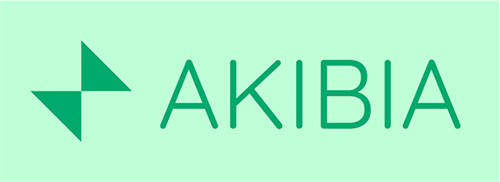[ad_1]
With the $1.3 billion Paya acquistion, Nuvei will buy some protection against an economic downturn, by extending its business into the U.S. and less cyclical sectors.
Nuvei said Monday that it plans to purchase Atlanta-based Paya to add verticals in the business-to-business, healthcare, education and government arenas, among others. The acquisition will also give Nuvei a bigger foothold in the large U.S. market, and the option to cross-sell Paya services in the 200 countries where Nuvei operates.
Those Paya verticals contrast with Montreal-based Nuvei’s strong suits in gambling, gaming, online retail and financial services, which could be more impacted by a decline in consumer spending.
Companies have been bracing for a potential U.S. recession as the Federal Reserve pushes interest rates higher in response to increased inflation. Businesses are already feeling the pinch and cutting workforces in response.
“One of the main concerns from investors about (Nuvei) has been its sensitivity to a downturn given its exposure to more discretionary verticals, so we see the diversification into verticals such as education, healthcare, and government, among others as being a smart and defensive move given the macro backdrop,” Wolfe Research said in a report Monday on Nuvei’s acquisition.
While Paya handled $36.6 billion in payment volume during the first nine months of 2022, generating $209.9 million in revenue, Nuvei managed more than twice as much volume, $87.4 billion, and generated nearly three times more revenue, $623 million, according to a Jan. 6 slide presentation by Nuvei.
Paya is expected to have an $8.2 million in net income this year after logging a $3.1 million loss in 2021, according to analysts at the investment firm William Blair. The company is partially owned by Chicago private equity firm GTCR, which acquired a stake in 2017 and listed it publicly through a special purpose acquisition company in 2020.
Nuvei was profitable in both years, but its net income is expected to decline about 7% this year to $99.4 million, from $107 million in 2021, according to William Blair. The company is led by CEO and Chairman Philip Fayer.
“We believe Paya should help diversify Nuvei’s business mix toward more stable end-markets, and bring the company into the attractive B2B market and expand its integrated payments business,” William Blair analysts said in their Jan. 9 note to their clients.
Any service that allows companies to collect more money on its customers’ bills, as both of these companies do, could also be beneficial for clients in a downturn.
Through the merger, Nuvei will become a larger player in the markets for global e-commerce, business-to-business payments and payments integrated with software providers, the company said in the Jan. 9 slide presentation. The combined company will have about $167 billion in merchant payments volume and annual revenue of about $1.1 billion, if it closes in this quarter as expected. Nuvei has about 1,600 employees while Paya has 300.
The biggest segment of revenue, 35%, derives from sales in the business-to-business goods and services sector, including sales through U.S. accounting software company Intuit’s QuickBooks and the British software company Sage, according to Nuvei’s presentation.
“Paya remains differentiated by its deep software integrations and middle-market and vertical-specific focus, all of which create sticky customer relationships and should position Paya to continue to gain share from paper-based offerings,” the William Blair note said.
The analysts noted Paya has withstood prior economic challenges too. “Paya’s business has been resilient and even held up well at the peak of the pandemic macro effects,” they said. “Paya drives the majority of growth through expansion at existing customers, and has a large opportunity to continue increasing the penetration rate over time.”
[ad_2]
Source link

